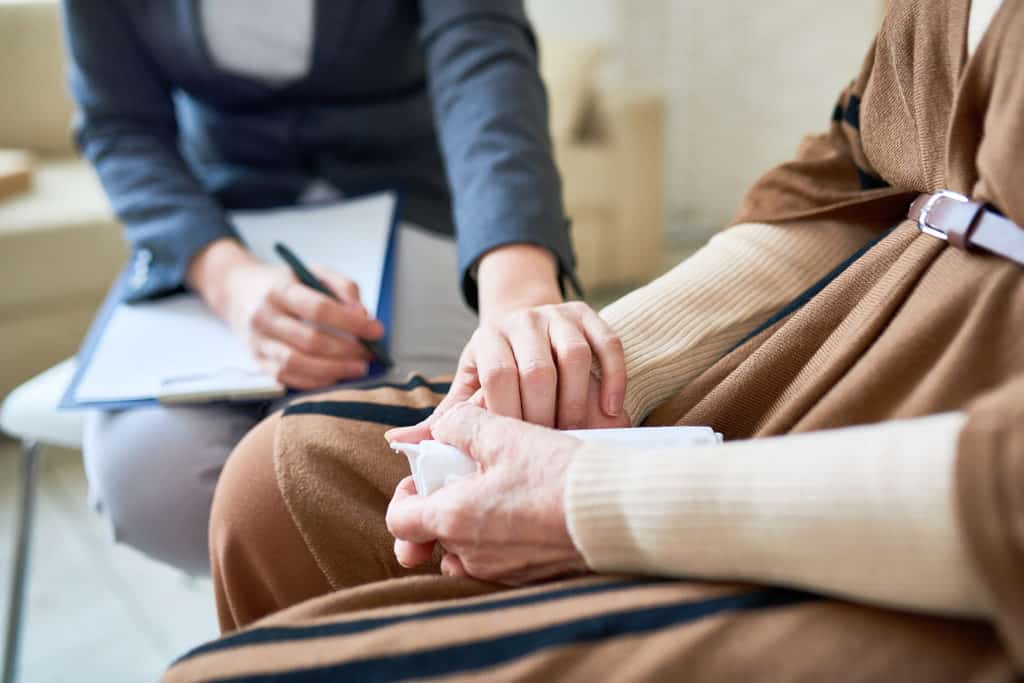
Ironically, dying can teach us a lot about living. If someone close to you receives a terminal diagnosis, one of the best things we can do for them is offer support. Another essential aspect to this diagnosis is to talk about dying and your loved one’s wishes. The benefits of talking about this sooner rather than later will give you and your family a sense of peace and security knowing that there is no missed communication and that your loved one’s wishes will be honored.
There’s no doubt that for most people, this conversation can be extremely anxiety-provoking and uncomfortable to have, but it doesn’t have to be. Understanding the apprehension and fears your loved one may feel about discussing this can save everyone from miscommunication sooner rather than later.
So, why is it so hard for anyone to bring up? Usually, the patient wants to talk about these things, but they’re just waiting for someone else to start the conversation. Talking about what happens when we die, including how we want to die, and how we feel about it is one of the most important and healing conversations you can have for yourself and your loved ones.
Here are some things we can do to make the time leading up to the end of someone’s life be as peaceful and fulfilling for them and for those they leave behind:
- Listen to the patient rather than talking over them. Don’t add your own agenda or assumptions to what they may be feeling.
- Show up consistently for the patient. Visit as often as you can and make yourself available to them.
- Begin the conversation on what a “good death” means to them and ask them to describe how they would like to spend their last few hours and days. This can be especially helpful and healing if the patient becomes unresponsive during their last days of death.
- The sense of touch and hearing are the last two senses to diminish when someone’s dying. Even if they’re not responsive, it’s believed that they can still hear you and feel touch. So keep talking to them and if they’d been accepting to being touched, you can continue to do so by touching their shoulder, patting their arm, or holding their hand. Treat them as though they are fully cognizant of their surroundings and what’s happening. Before reaching out to touch them, explain what you are doing and why, even if it’s something as simple as moving a pillow or readjusting a sheet.
- Because we believe the sense of hearing is still active, never talk about the dying person in the past tense. This can be extremely disturbing to hear, especially if they cannot respond.
- In the final hours of a person’s life, while it’s important for family and friends to gather to say goodbye, it’s also a good time to make sure each person has at least a few minutes alone with the patient.
- After the person dies, don’t be afraid to bring up their names and share stories and memories. By remembering and talking about them, it celebrates the life they lived and their role in people’s lives.
Grief doesn’t end when a person has died and been buried. It’s a process that can take years and be expressed in a myriad of ways. It also helps to maintain contact with family and friends of the deceased even after they’re gone.
Click here to learn more about how hospice care can ease the dying process.
Additional Links:
Leave a Reply